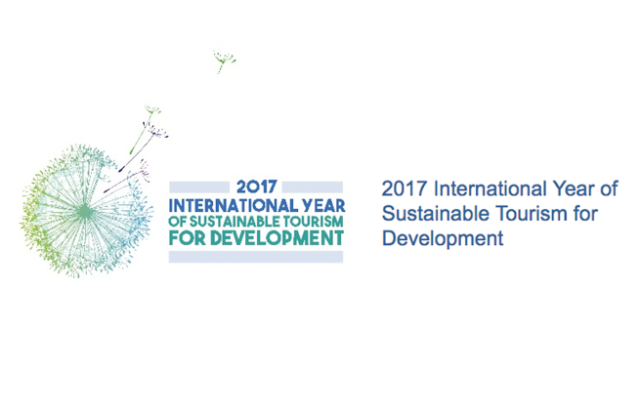International tourist arrivals to the European Union increased by 4% in 2016, reaching almost 500 million or 40% of the world’s total. This preliminary result is included in the first release of the ‘European Union Short-Term Tourism Trends’, a regular monitoring of EU tourism by the World Tourism Organization (UNWTO) in the framework of the cooperation with the Directorate-General for Internal Market, Industry, Entrepreneurship and SMEs (DG GROWTH) of the European Commission (EC).
Despite many challenges facing Europe in 2016, tourism has once again shown extraordinary strength and resilience, reinforcing its contribution to economic growth, job creation and social wellbeing in the European Union (EU-28).
The 28 countries of the EU boasted a solid growth in international tourist arrivals of above 4% in 2016, exceeding the world’s average growth rate, and increasing by 21 million to 499 million.
2016 was the 7th consecutive year of sustained growth for the EU-28 following the 2009 global economic and financial crisis, with 107 million more tourists than the pre-crisis level of 2008.
“Tourism is today one of the key pillars of the EU strategy for jobs and inclusive growth. UNWTO is very pleased to be working alongside the European Commission in monitoring international tourism trends, advance product development and sustainable tourism in Europe”, said UNWTO Secretary-General, Taleb Rifai.
About the ‘Enhancing the Understanding of European Tourism’ Project
‘Enhancing the Understanding of European Tourism’ is a joint project by UNWTO and the Directorate-General for Internal Market, Industry, Entrepreneurship and SMEs of the European Commission (DG GROWTH). The project aims to improve the socio-economic knowledge of the tourism sector, enhance the understanding of European tourism and contribute towards economic growth, job creation, thus improving the competitiveness of the sector in Europe. The project includes three components: 1) increased cooperation and capacity building in tourism statistics; 2) assessment of tourism market trends; 3) promotion of cultural tourism through the Western Silk Road and; 4) promoting sustainable, responsible, accessible and ethical tourism.
The project is co-financed with COSME funds and will run until February 2018.












